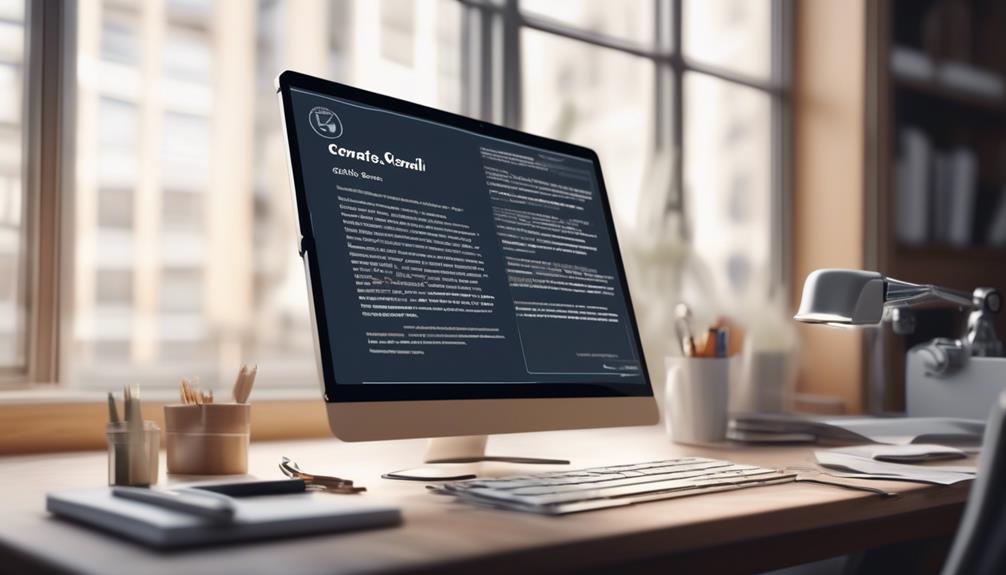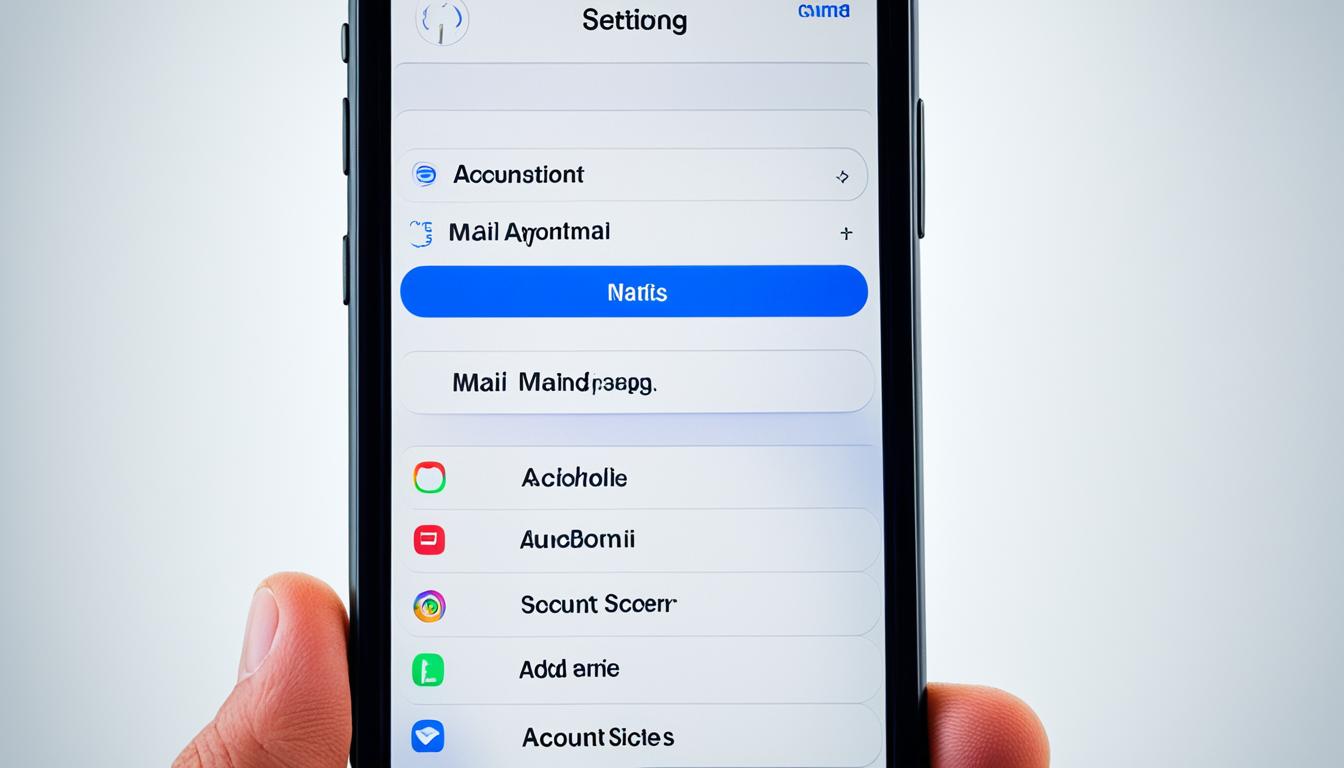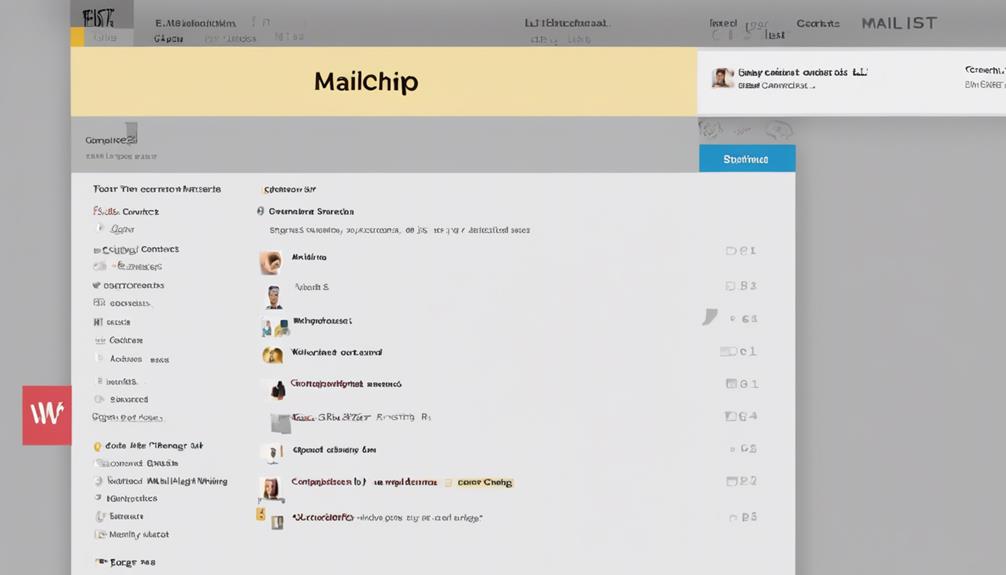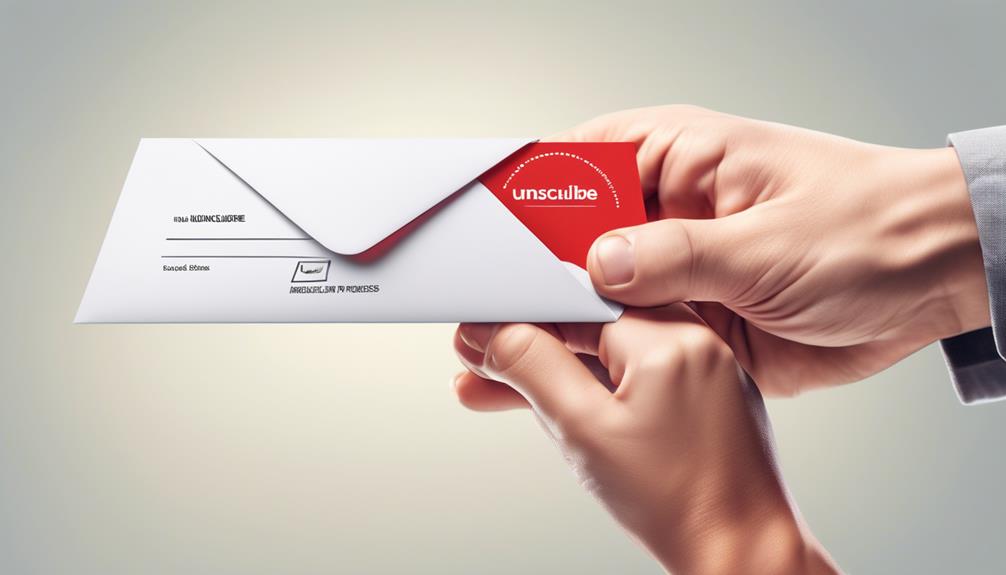We’ve all experienced that instance where we’re gazing at a blinking cursor, trying to figure out the right way to express our health issues in an email to a doctor, without giving off the impression that we’ve merely searched our symptoms online (which, of course, we have, but there’s no need for them to be aware of that).
It's a delicate balance of respect and clarity, and in this discussion, we'll navigate the ins and outs of crafting an email that gets the answers we need without coming across as a hypochondriac.
Trust me, you'll want to stick around for this.
Key Takeaways
- Clearly articulate the purpose of the email
- Use a professional and formal tone throughout the email
- Include relevant information such as reason for appointment, concerns, medical history, and documents
- Close the email professionally and express gratitude for the doctor's time and attention
Understanding the Purpose

In our email communication with a doctor, it's essential to clearly articulate the purpose of our message to ensure effective and respectful correspondence. When writing a letter to a doctor, understanding the purpose of the communication is crucial.
It's important to clearly state the reason for writing the email and to be concise in expressing the specific purpose or request. This not only helps the doctor to understand the nature of the communication but also shows respect for their time and expertise.
By providing a clear and concise subject line that indicates the purpose of the email, the doctor can quickly discern the nature of the communication. Beginning the email with a polite and respectful greeting sets a positive tone and conveys professionalism.
Throughout the email, maintaining a professional and formal tone further demonstrates respect and conveys the seriousness of the communication.
Structuring Your Email

Understanding the purpose of our email communication with a doctor sets the foundation for structuring our message effectively and respectfully. When structuring an email to a doctor, it is crucial to maintain a professional and courteous tone throughout the message. Here is a simple and effective way to structure your email:
| Section | Details | Example |
|---|---|---|
| Subject Line | Clear and concise, reflecting email purpose | "Request for Phone Consultation" |
| Greeting | Polite and respectful, using appropriate title | "Dear Dr. Smith," |
| Introduction | Clearly state reason for email with details | "I am writing to request a phone call…" |
| Request/Inquiry | Be specific and offer flexibility | "I would appreciate a phone call…" |
| Closing | Professional, polite expression of gratitude | "Thank you for your time and attention." |
Structuring your email in this manner not only ensures clarity and professionalism but also increases the likelihood of a prompt and considerate response from the doctor. Remember to keep the content concise and to the point, respecting the doctor's time and schedule.
Choosing the Right Tone
When composing an email to a doctor, it's essential to carefully consider the tone to ensure clear and respectful communication. We suggest choosing a tone that's professional, courteous, and empathetic. It's important to strike a balance between being polite and getting your point across effectively.
Consider the nature of your email – whether it's a query, a request for information, or a follow-up on a previous consultation. Tailoring the tone to suit the purpose of your email is crucial in conveying your message appropriately.
In choosing the right tone, it's also important to consider the doctor's perspective. They're busy professionals with a demanding schedule, so keeping your email concise and to the point is respectful of their time. Additionally, using clear and straightforward language will help ensure that your message is easily understood.
It's important to remember that the tone you choose sets the stage for the entire email communication. A respectful and professional tone can go a long way in fostering a positive and effective doctor-patient relationship.
Including Relevant Information

As we consider the importance of choosing the right tone when writing an email to a doctor, it's imperative to ensure that the included information is relevant and comprehensive. When reaching out to a doctor via email, it's essential to clearly state the reason for the appointment, including any specific concerns or symptoms. Providing relevant medical history and details of previous tests or treatments can assist the doctor in understanding the context of the situation.
It's also advisable to mention any specific documents or reports that need to be brought to the appointment, enabling the doctor to prepare adequately. Additionally, offering flexibility for rescheduling or indicating availability for follow-up discussions can help in organizing the appointment efficiently. Acknowledging the doctor's busy schedule and expressing appreciation for their time and assistance is courteous and fosters a positive rapport.
Therefore, we suggest structuring the email in a manner that's concise, respectful, and includes all pertinent details to ensure a productive and considerate correspondence with the doctor.
Closing Professionally
We appreciate the opportunity to correspond with you and sincerely thank you for your time and attention. When closing an email to a doctor, it's important to maintain a professional tone and convey gratitude.
We suggest the following guidelines for closing your email:
- Use a polite and professional closing, such as 'Sincerely' or 'Best regards,' to end your email respectfully.
- Express gratitude for the doctor's time and attention in the closing statement. This shows appreciation for the doctor's expertise and consideration.
- Include your full name and contact information in the closing for easy follow-up. Providing your contact details ensures that the doctor can easily reach out if needed.
Following these suggestions will help you close your email to the doctor professionally and respectfully. It's essential to maintain a courteous and appreciative tone in all interactions with healthcare professionals.
Frequently Asked Questions
How Do You Start a Formal Email to a Doctor?
We usually start a formal email to a doctor with a respectful greeting, such as 'Dear Dr. [Last Name],' or 'Hello Dr. [Last Name],' followed by a brief introduction or reason for the email.
It's important to maintain a professional tone and use appropriate language.
We also include a clear subject line and a polite closing.
How Do I Email My Doctor Sample?
We email our doctor by using a clear subject line with our name and appointment date.
In the body, we briefly mention visit reason or specific concerns.
We request the doctor to review medical records and inquire about any specific documents to bring.
We offer flexibility for rescheduling or changes in availability.
This approach ensures a professional and effective email communication with our doctor.
How Do You Start a Message to Your Doctor?
We begin a message to our doctor with a clear subject line, respectful address, and polite greeting.
We then state the purpose of the email and provide relevant details.
Finally, we express appreciation for the doctor's time and consideration.
This approach sets a professional and friendly tone, ensuring effective communication with our doctor.
How Do You Write a Letter to a Doctor?
We write letters to doctors by addressing them respectfully and clearly stating the purpose of the correspondence.
It's important to use a professional tone and provide necessary details about our health concerns or questions.
We should also express gratitude for their time and expertise.
Keeping the letter concise and focused helps ensure that the doctor can quickly understand and respond to our needs.
Conclusion
In conclusion, writing an email to a doctor requires clarity, politeness, and professionalism.
By structuring the email well, choosing the right tone, and including relevant information, we can ensure effective communication.
Remember, the email is a tool to convey our concerns and questions to the doctor, so it's important to be concise and polite.
So, let's pen our thoughts carefully, like a surgeon wielding a scalpel, with precision and care.










